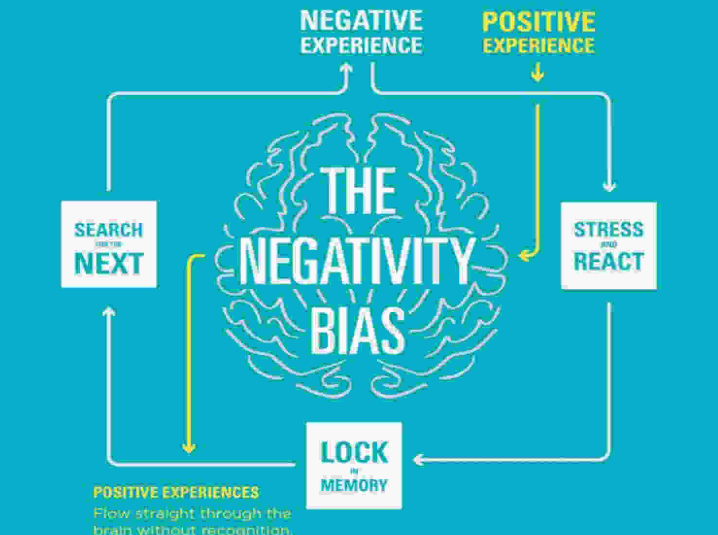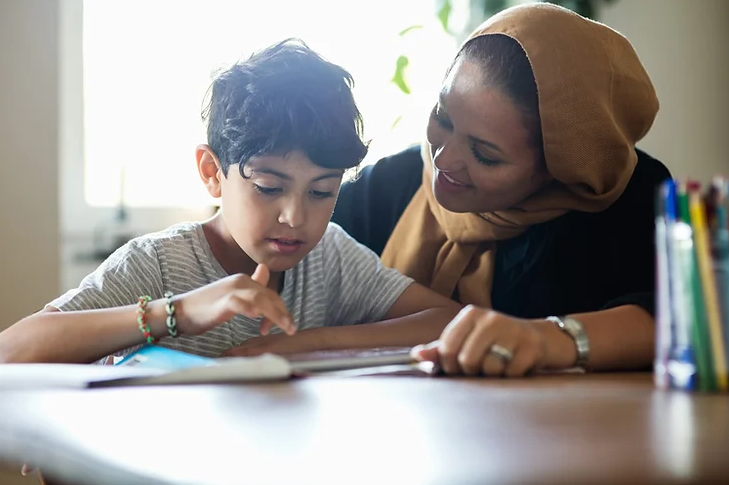In January of this year, the New York Times wrote on article with a headline that captivated me–particularly because of my interest in students–” Yale’s Most Popular Class Ever: Happiness”. This class broke record numbers, being the most popular course in 316 years with 1,182 undergraduates enrolled! Students are literally yearning to learn how to be happy! (So are adults, TBH, but that’s another topic). It probably isn’t a shock to most to know how much students struggle in college, but this affirms the light on an issue that many know–that students aren’t just struggling academically, but struggling mentally and emotionally and want to find ways to improve their life overall. One of the areas I frequently work with students comes from Positive Psychology and I chose to incorporate this into my work, probably for the same reasons Yale created this course–to combat the constant negativity in students lives by teaching them how to increase the positive. The academic rigor has become very intense from a very young age and students are drowning! They aren’t being taught how to incorporate healthy coping strategies into their lives when things don’t go as planned. I have had students struggle to the point where they are uncontrollably crying in class, not eating, passing out, and more.

There are two things the students can focus on to build positivity in their lives. The first is an understanding of the Negativity Bias and knowing how to control it. For evolutionary reasons, essentially, our brains are programmed early on in our lives to have a greater psychological impact to negative experiences than positive experiences. In other words, negative experiences are held in our brains longer than positive experiences because we tend to have more of an emotional reaction to the negative experience creating more of an impact in our brain. An example of this that hits home for most people is dirty dishes and your mom. My mom seemed to NEVER notice when I did the dishes, she only would notice when they weren’t done. Even when I would tell her I did them the night before, she would say she doesn’t recall and continue yelling. That’s the negativity bias. Because she got more upset about me not doing the dishes, when I actually was doing them (positive experience), it was passing through her brain undetected. That’s the negativity bias at work. They say it takes on average 3-5 positive experiences to combat 1 negative experience. We literally have to retrain our brains to be more positive! Crazy, right?! I know. It’s like our brains are actively working against us! So what do we do ? How do we get students to be more positive and thereby more happy??

The PERMA Model from Positive Psychology lays a framework to help build more positivity in our lives. The acronym stands for: (P) ositive Emotion; (E) ngagement; (R) elationships; (M) eaning; (A) ccomplishments. The Mind Tools presents ways be can increase happiness and well-being using PERMA.

Positive Emotion. For us to experience well-being, we need positive emotion in our lives. Any positive emotion such as peace, gratitude, satisfaction, pleasure, inspiration, hope, curiosity, or love falls into this category – and the message is that it’s really important to enjoy yourself in the here and now, just as long as the other elements of PERMA are in place.If you feel you’re not experiencing enough positive emotions in your life, STOP & THINK WHY. First, look at your daily interactions or your major/career choice. Do you get to use your talents and strengths in your current space? Also, take a moment to identify people, events, or things that give you pleasure. You want to find ways to bring positive emotions and enjoyment into your daily routine, and to ensure that you don’t keep on putting these things off into a future that never quite arrives.

Engagement. When we’re truly engaged in a situation, task, or project, we experience a state of flow: time seems to stop, we lose our sense of self, and we concentrate intensely on the present. The more we experience this type of engagement, the more likely we are to experience well-being. Do you feel engaged in your major or career choice? Or do you pursue hobbies and activities that help you slip into a state of flow? Engagement is most closely identified with the act of creation, but you can also experience deep engagement when participating in sports, spending time with friends, or working on projects that you’re fascinated with. You can increase your engagement by first minimizing distractions and improving concentration (aka put the phone down and turn off Netlix!). These help you slip into a state of flow. Then, as far as you can, focus on projects that provide an interesting challenge for your skills. Next, look at your interests. Do you make enough time for personal interests such as a favorite hobby or physical activity? Many of us let this important personal time slip away, especially when we’re stressed or overloaded with work. Try to devote plenty of time to activities that make you feel happy and engaged.

Relationships. As humans, we are “social beings,” and good relationships are core to our well-being. Time and again, we see that people who have meaningful, positive relationships with others are happier than those who do not. Relationships really do matter! Do you have positive relationships in your life? These can be with anyone: family, friends, neighbors, or colleagues. Do you wish you had more of these relationships? Next, look at your personal life. Do you enjoy the company of your family and friends, and do you find that they’re positive and supportive? If not, then it’s important to take the time to understand why. Are you devoting enough time to strengthening these relationships? And do you need to make more of an effort to reach out to your friends and family? Make a commitment to spend significant time with a friend or family member on a regular basis. Relationships take engagement and hard work, and they’re often strengthened only when we make an effort to connect with other people. On the other hand, you can’t do much to change people: if your relationships aren’t positive, how far should you seek to preserve them?

Meaning. Meaning comes from serving a cause bigger than ourselves. Whether this is a specific deity or religion, or a cause that helps humanity in some way, we all need meaning in our lives to have a sense of well-being. Do you feel that your life and work has meaning? That is, do you feel that you’re connected in some way to a cause bigger than yourself? Most of us want to believe that we’re working and living for a greater purpose. So finding meaning is important to our overall sense of well-being. It’s just as important to look for meaning in your personal life – certain activities, such as spending time with our family, volunteering, or performing acts of kindness can really improve our sense of meaning in life. If you feel your own life is lacking meaning, do these things – you’ll find them hugely satisfying.

Accomplishment. Many of us strive to better ourselves in some way, whether we’re seeking to master a skill, achieve a valuable goal, or win in some competitive event. As such, accomplishment is another important thing that contributes to our ability to flourish. Accomplishment and achievement might be the trickiest elements of PERMA, simply because it’s very easy to take them too far. For instance, in many societies, achievement is highly valued, and, if we’re not busy, it can seem that we’re not living up to expectations and living a full life. However, if we continually push ourselves, we can easily “run ourselves ragged” in pursuit of the next achievement. If you suspect you’re not devoting enough time or energy to accomplishing your dreams, then start now. First, identify what you truly want to accomplish in life. If you feel that you’re devoting too much time towards your achievements (and thereby throwing the rest of your life out of balance), then it might be time to pull back and focus on other elements of the PERMA Model. By working to overcome the Negativity Bias and working to incorporate PERMA into our lives, students can be on the path towards greatness!
Click here to read more about the negativity bias: https://positivepsychologyprogram.com/3-steps-negativity-bias/
Click here to read more about PERMA: https://positivepsychologyprogram.com/perma-model/ #happiness#positivepsychology#wellbeing#negativitybias#PERMA#positivity#mentalhealth#education#studentsuccess
view + leave comments . . .